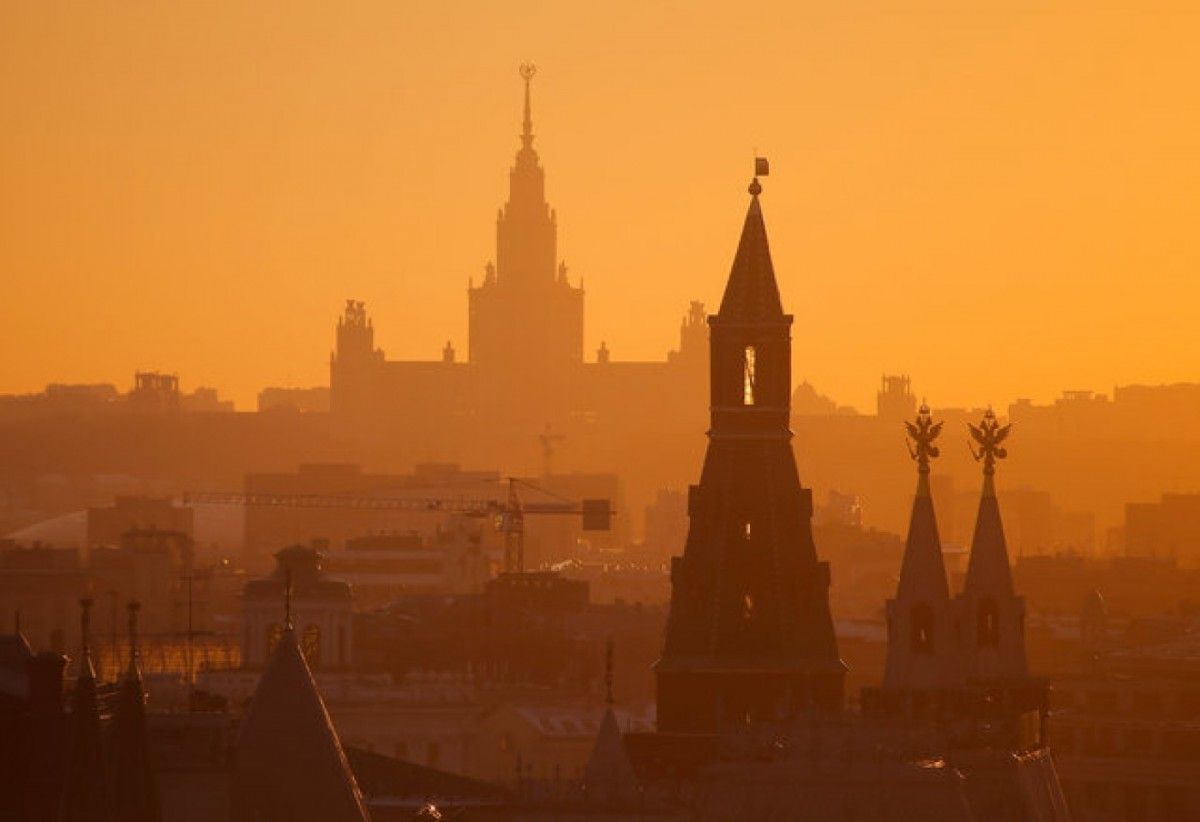
The Christmas period in Western Europe over the last five years has been an intense period for law enforcement due to the rise of various terrorist threats. This is mainly about the notorious Islamic State, which after tangible defeats from the United States and its allies in the Middle East, while losing their actual real territories, retained a network of adepts, as well as their external supervisors.
Christmas 2020 was set to be overshadowed by the new attacks of the "resurgent ISIS" in the EU. On December 16, 2019, Austrian police arrested three men, affiliated with ISIS, who had been plotting five attacks at Christmas and New Year festivals. They had also been planning massacres in Germany, France, and Luxembourg, the Information Resistance OSINT Group reports.
The arrest was mostly due to a tip that came from a convicted Serb. It was he who warned the police about the suspicious ideological views of his cellmate, a native of Chechnya, whose involvement with ISIS had already been confirmed.
The investigation allowed the Austrian special services to bust two accomplices of the prisoner who had been planning to attack the Vienna Christmas market and the city's main square. The two are also natives of "one of Russia's republics of the North Caucasus." A distinct Russian trace in this case requires additional attention.
Terrorist attacks were being planned by migrants from Chechnya with ties to ISIS. Russian intelligence has been actively using this category for subversive purposes. In the fall of 2017, Moscow took out of Northern Syria a number of Chechens, their most valuable assets in IS, under the guise of "evacuating women and children". In fact, Russia can exploit Chechens repeatedly, to revive this terrorist structure. In case of any failure, Moscow could always point fingers to Ramzan Kadyrov, who doesn't have much to lose in terms of reputation. Besides, the Russian Ministry of Defense once trained a Chechen military police battalion for operations in Syria. It was created under the watchful eye of the GRU military intel, and, after the unit completed combat missions in Syria, these Chechen cadres with combat experience are being dispatched to European countries, including Austria, to fulfill some dirty missions. The expectation is that they will do their job well and fit perfectly into the context of the Islamic threat. Again, Chechens can't be immediately and directly associated with Russia because there are Chechen communities abroad, opposing the Putin regime, which complicates the identification of the ultimate beneficiary of terror attacks and destabilization that ensues.
In the end, it is important to understand the motives of the Russians to undermine security in any EU country with the help of "jihadists".
Read alsoSpain opens investigation into Russian spies working to destabilize Catalonia – media
Regarding Austria, the process of forming a new ruling coalition, which should be completed in January 2020, is now underway. Sebastian Kurz will once again become the new Federal Chancellor, while his Austrian People's Party is expected to enter into an alliance with the Greens. As a result, the right-wing Austrian Freedom Party, a former coalition partner, will be left behind. These are the famous "Putin's friends", who lost almost half of their mandates in the September 2019 elections and actually dropped out of the big league. Their program was largely tied to the "migrant threat" and as soon as the topic came to naught, the party also lost its popular support.
Regarding France and Germany, migrants are also an important issue for these countries, so highlighting this topic spurs the ratings of the parties that are satellites to the Putin regime: the National Association (until 2018 the National Front) in France and the Alternative for Germany. While in France Russia's goals and objectives are a bit more distant, in the context of Germany, the Kremlin seeks to undermine the positions of the ruling CDU / CSU before Angela Merkel surrenders her chancellor post to her successor in October 2020.
On December 16, Merkel invited qualified non-EU migrants to come work in Germany. It seems that Moscow seeks to exploit the migration issue, critical for many Germans, in order to get as many of its agents of influence from the right-wing forces as possible into the Bundestag.
Read alsoElite Russian spy unit used French Alps region as logistical base – media
To this end, a range of tricks will be applied, from expanding Russian presence in Africa to destabilize the region and provoke new migration flows to plotting terrorist attacks, as was the case in Austria on this Christmas Eve.

